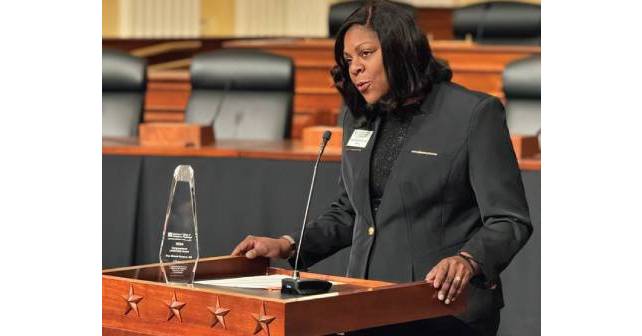
DR. DARK: I wanted to bring up the contentious issue between EMTALA and the Supreme Court and how that interacts with Idaho‘s abortion statute. The Supreme Court essentially dismissed the case, which means that emergency physicians are still unclear what we‘re supposed to follow—whether it‘s the state law or EMTALA when a patient presents with a medical need for an abortion. What is ACEP‘s updated position on this specific issue?
Explore This Issue
ACEP Now: Vol 43 – No 09 – September 2024DR. TERRY: ACEP’s position on this is still clear. EMTALA is a federal mandate that we adhere to and that we proudly have adhered to for the entire existence of our specialty. We should be protected as emergency physicians from being criminalized from simply adhering to EMTALA and the mandate that we have been called to perform when it comes to ensuring that all patients, including women who happen to be pregnant. We have fought from day one relative to ensuring that those protections remain in place.
It’s not about really the ethics or the morality around it as much as it is about not criminalizing physicians for simply doing their job. ACEP has actually signed on to a handful of various amicus briefs and we continue to pursue various advocacy efforts even in the wake of the Supreme Court’s decision. Medicine can be complex. That is why it really should be left in the hands of medical people, physicians who are trained to understand the nuance of providing health care to patients.
DR. DARK: Unionization is probably more relevant to your average emergency doctor that‘s working right now on shift. There was a group in Detroit that did a 24-hour strike back in April. Do you think that unionization is the next appropriate step for emergency physicians to regain their authority in a system that seems to have declining respect for physicians? And, if so, should ACEP be the one doing this organizing nationally?
DR. TERRY: We know that unfortunately we are finding that work conditions are not what they should be. That we’re having patients languish, there’s boarding and crowding in the emergency department like never before. We know workplace violence is ravaging our emergency departments across the country. All of these issues, due process, boarding, workplace violence, having to worry about maintaining and keeping your job, whistleblower protections and the like are really, really coming down on us all at once. Not to mention reimbursement issues. ACEP believes that unionization is a potential solution to some of these issues. We want to educate our members around the various facets of unionization, specifically for emergency physicians. Like most issues there can certainly be unintended consequences and those are the blind spots that we want to absolutely make sure that our members are aware of as they decide to pursue whatever decision makes the most sense for them and their particular practice. ACEP does strongly believe in collective bargaining but not at the expense of patient care. At the end of the day, whatever solutions we pursue, there should always be those pieces in place to ensure that patients still receive the care that they need in a timely fashion.





No Responses to “Checking In with ACEP President Terry”